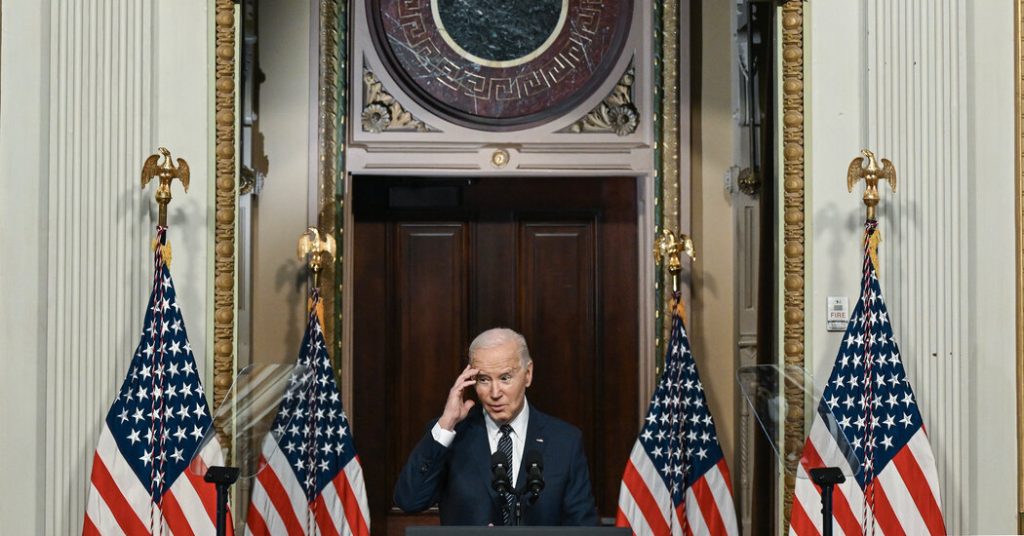In the middle of the night in Jerusalem, Israel took steps to show cooperation with the Biden administration. Israel agreed to use the Ashdod port to send aid into Gaza, open the Erez crossing into northern Gaza for the first time since a terrorist attack, and increase deliveries from Jordan. These actions were intended to ease tensions between Israel and the United States, with Israeli Prime Minister Netanyahu making commitments to reduce civilian casualties and support negotiations for a temporary cease-fire.
Secretary of State Antony J. Blinken emphasized the need for Israel to increase humanitarian aid to Gaza, warning of potential consequences if Israel did not meet these expectations. While President Biden has historically supported Israel, there is growing pressure, especially from the political left, to reconsider the flow of arms to Israel in light of civilian casualties and humanitarian concerns. Senator Chris Coons even suggested conditioning aid to Israel based on its actions in Gaza.
Despite these pressures, Netanyahu appeared defiant in his response to Biden’s calls for a two-state solution and concerns about Palestinian statehood. Netanyahu emphasized the threat from Iran and Israel’s defensive actions against Iranian proxies. During a discussion with visiting Republican lawmakers, he dismissed the idea of a Palestinian state as a potential terror haven. Additionally, he highlighted Israel’s readiness to defend itself and take action against those who pose a threat.
During the call between Biden and Netanyahu, the President expressed strong support for Israel against Iranian threats while urging for an immediate cease-fire in Gaza. Negotiators, including C.I.A. director William J. Burns, were set to travel to Cairo for talks aimed at securing the release of hostages and reaching a deal to end the conflict. The White House statement emphasized the need for a quick resolution to the situation, without mentioning past events or reiterating Israel’s right to respond to Hamas.
Overall, the discussions between Israel and the Biden administration reflect a delicate balancing act as the U.S. aims to support Israel while also addressing concerns over civilian casualties and the humanitarian situation in Gaza. The call for a cease-fire and negotiations for the release of hostages demonstrate a willingness to seek a diplomatic solution to the ongoing conflict. However, tensions between the two countries persist, with differing views on issues such as the two-state solution and Israel’s actions against Iran and its proxies. The outcome of these negotiations will be crucial in determining the future of U.S.-Israel relations and efforts to bring stability to the region.


